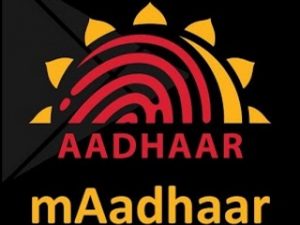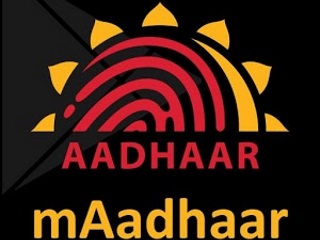 Janjivan Bureau / New Delhi : The Supreme Court on Wednesday wanted to know if the State can have a countervailing interest in collecting biometric details of citizens to discharge its obligations even as petitioners against Aadhaar called it a switch that could be used by government to cause civil death of an individual.
Janjivan Bureau / New Delhi : The Supreme Court on Wednesday wanted to know if the State can have a countervailing interest in collecting biometric details of citizens to discharge its obligations even as petitioners against Aadhaar called it a switch that could be used by government to cause civil death of an individual.
On the first day of hearing of petitions challenging the validity of Aadhaar Act and related 139 government notifications, a five-judge Constitution Bench headed by Chief Justice of India Dipak Misra wanted to know the fate of biometric data collected before the enactment of Aadhaar Act, 2016, if the petitioners succeeded.
Commencing his arguments, senior counsel Shyam Divan gave an elaborate background of the case, explaining the origin of Aadhaar and the judicial decisions that expressly said it could not be made mandatory.
“The State is empowered with a ‘switch’ by which it can cause the civil death of an individual. Where every basic facility is linked to Aadhaar and one cannot live in society without an Aadhaar number, the switching off of Aadhaar completely destroys the individual,” Divan told the Bench which also included Justices AK Sikri, AM Khanwilkar and DY Chandrachud and Ashok Bhushan.
Divan—who based his arguments on various constitutional provisions and the right to privacy verdict delivered by the top court last year—said the scheme being implemented by the government essentially “alters the relationship between the citizen and the State and diminishes the status of citizens”.
Contending that profiling enables the State to stifle dissent and influence political decision-making, Divan said: “Several State governments have started using the Aadhaar platform to build profiles of residents that is reminiscent of totalitarian regimes”.
Three should be an “opt out option” as there was no consent or even no counselling at the time of enrolment, said Divan, who is representing former Karnataka High Court judge Justice KS Puttaswamy, activists Aruna Roy, Shantha Sinha and veteran CPI (M) leader VS Achuthanandan, besides other petitioners.
Calling Aadhaar “an electronic leash”, Divan said: “This leash is connected to a central database that is designed to track transactions across the life of the citizen. This record will enable the State to profile citizens, track their movements, assess their habits and silently influence their behaviour. Over time, the profiling enables the State to stifle dissent and influence political decision making”.
The Bench—which has already extended till March 31 the deadline for mandatory linking of Aadhaar with various services and welfare schemes—sought to know if the State can have a countervailing interest in collecting biometric details of citizens to discharge its obligations.
“Can’t the State have a countervailing interest? There are many schools without students and they may say we are trying to ensure that money is going where it ought to,” Justice Chandrachud said, adding: “If you are depending on social welfare benefits, the State equally has countervailing interests to ensure that benefits reach the right people”.
Divan said the architecture of Aadhaar was such that throughout the day there will be an electronic trail of one’s movements left with the Central government. “Why should government know my movement?” he asked.
Divan sought to highlight national and financial security risks involved, saying, if someone hacked it, there would be a huge problem.

















